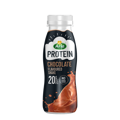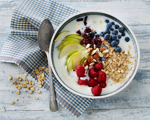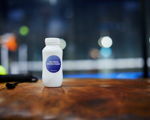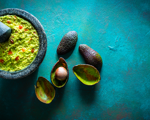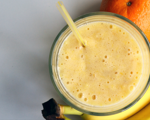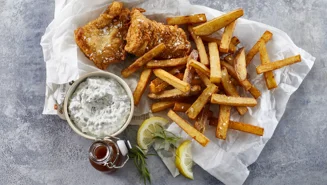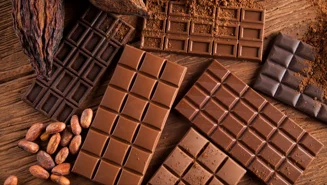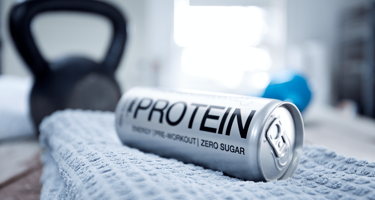
In the context of fitness and workouts, protein is often mentioned. Protein aids the growth of muscles and the maintenance of muscles and bones, so it is absolutely relevant when speaking of exercise, although it is recommended to consume protein regardless of your level of activity.
The role of protein when working out
When you exercise, you create microscopic tears in your muscle fibres. This process, while it may sound slightly terrifying, is entirely normal and is actually the mechanism through which muscles grow and where protein enters the picture.
Once your workout is completed, your body begins the repairing process, mending these microscopic tears and, in the process, building bigger muscles.

Protein and running
When it comes to protein and running, whether it is short sprints or long-distance marathons, a balanced diet is paramount, and protein is an integral part of that balance.
You can choose from a broad range of sources, including lean meats, dairy products, legumes, and tofu. You can consume protein before running to prepare your muscles for the task ahead or afterwards to aid in the recovery process.
Protein bar before or after a workout
The real beauty of protein bars is their flexibility. They come in handy whenever you need a quick and easy option for fuel. Whether you decide to eat one as a pre-workout boost or to replenish your fuel post-exercise, it is completely up to you. Read more about protein bars before or after a workout.
Protein shake before or after a workout
Much like protein bars, protein shakes can be consumed either before or after your workout. Some also drink them during their workout. They come in various flavours, and you can even make them yourself with your preferred ingredients. Find inspiration on our list of high-protein foods.
How much protein in a protein shake?
The amount of protein in a protein shake varies greatly depending on the ingredients. For example, the Arla on the go protein shakes have 20G of Protein in them. Milk, Greek yoghurt, and oats form a good base with protein. Then you can add, for example, different fruits or flavours to create a shake tailored to your preferences and needs.
Protein shake on rest days
Rest days are integral to any fitness routine. They provide your body with a much-needed respite to recover and repair. However, even on rest days, you can still benefit from a shake, for example, as a snack between meals. Read more about protein shakes on rest days.
Protein guide for workouts FAQs
Protein and workout go hand in hand when you want to maintain and build muscle mass. But how much do you need, and what happens if you do not consume protein? Find the answers to these questions and more below.
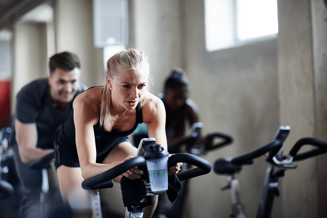
How much protein do I need if I work out?
The recommended protein intake is usually stated in x grams of protein per kilogram of weight, so to find your recommended amount, you need to know your body weight so you can multiply with that.
The recommended amount of protein depends on various factors, such as your level of activity, your age, and your gender. Therefore, you should always consult a professional if you want to know your exact protein need.
What happens if you work out but do not eat protein?
It is generally recommended to consume protein, whether you work out or not. However, if you make sure to get a sufficient amount of protein throughout the day, there is no problem in not eating it in connection with your exercise.
Why is protein intake important after a workout?
After a strenuous workout, taking in some protein can be like a healing balm. It helps mend the wear and tear your exercise has caused. This way, your muscle fibres learn to adapt and grow, gradually resulting in more muscle mass.
Related Articles
Looking to learn more about protein and exercise? Check out these helpful articles:
Protein bar before or after a workout
Protein shake before or after a workout
How much protein is in a protein shake?

